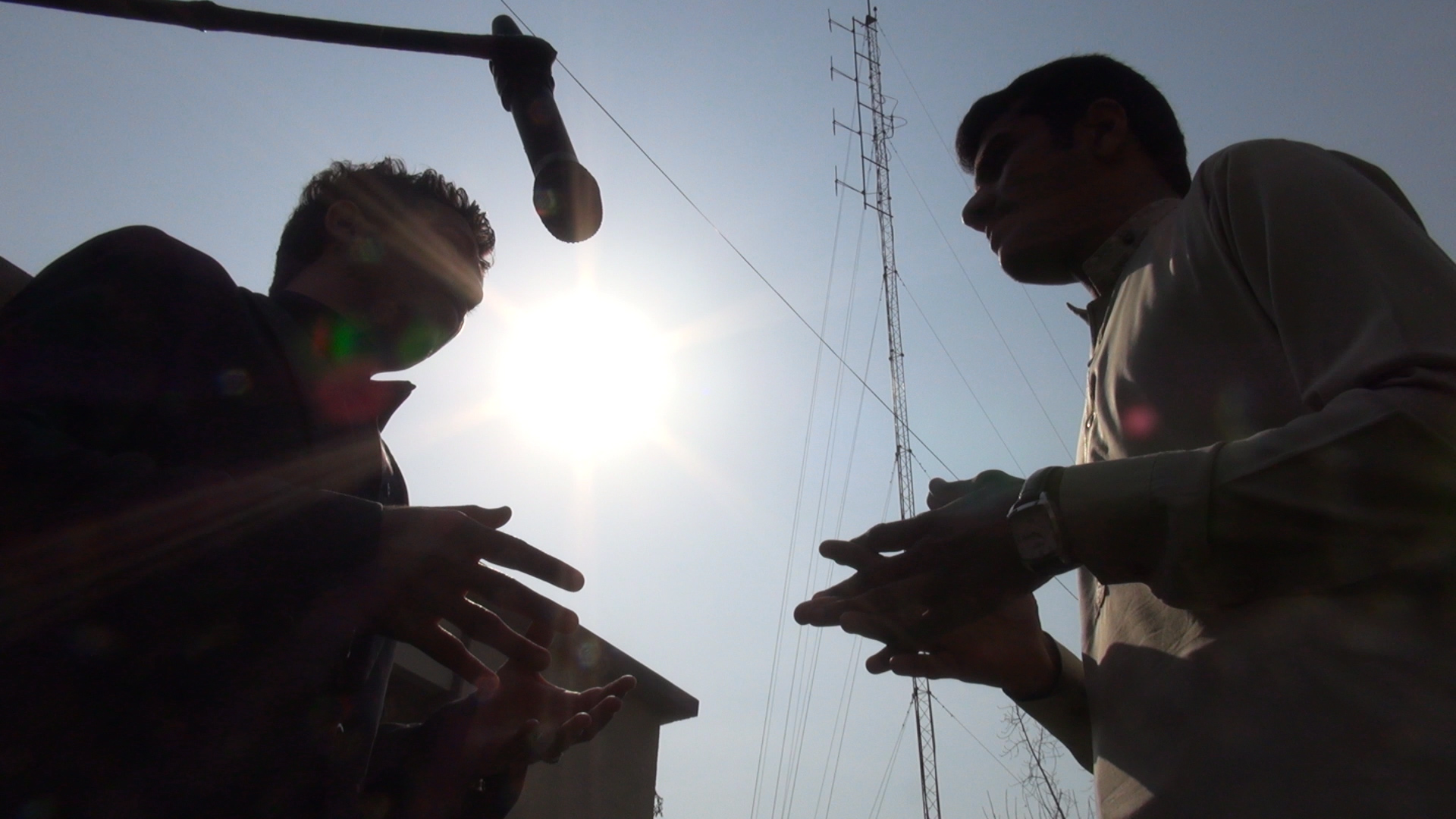| .A Virtual Student Exchange | Home | Related Projects | Research & Publishing | Contact |
| ➥ The Challenge: Better Collaboration in Reporting When developing news reports from fragile states and zones of conflict - meant to inform a global audience about important events and their ramifications - international correspondents depend heavily on local journalists. These collaborations can be fruitful; however, when they don't go well, they weaken reporting, contribute to misunderstanding and mistrust among opinion writers in each society, and lead to deterioration in public opinion all around. |
| . | ||
| ➥ Case in Point: Border Areas Between Afghanistan and Pakistan |
||
 |
Areas along the border between Afghanistan and Pakistan provide a compelling case in point. Life has never been easy in this impoverished region, but today, as small farmers and pastoralists work the rugged terrain, they have much to fear, including the Afghan and Pakistani Taliban, remnants of Al-Qaeda, drug lords, and U.S. drone strikes. In this newsworthy but difficult environment, relationships between local and international journalists are often encumbered by misunderstanding, mistrust, and ill will, attitudes mirrored in their societies at large. |  |
| . | ||
| ➥ Response: Virtual Educational Exchange |
||
| Building on Stanford University's unique implementation of the OpenedX online learning platform, Reporting from Zones of Conflict will link journalism courses in the U.S., Pakistan, and other countries to build capacity and relationships through virtual student exchange. The program will structure advanced yet affordable collaboration technologies around a challenging problem-based learning curriculum. |  |
|
| . | ||
| ➥ Innovation: New Media & Technology |
||
| Along with videos, quizzes, discussion boards, and other fixtures of a traditional online course, Reporting from Zones of Conflict will feature new and interesting applications of media & technology: |
||




| . | ||
| ➥ Pedagogy: Learning Across Cultures |
||
| Through dynamic, experiential learning – and under the guidance of experienced facilitators – the program will give future opinion leaders the opportunity to explore perspectives on difficult issues in an academic safe space, prior to working as professionals in zones of conflict, where pressing deadlines, continual security challenges, and employer/employee power differentials tend to exacerbate cross-cultural misunderstanding, inhibiting open and balanced exchange of ideas. |
Home | Related Projects | Research & Publishing | Contact © 2015 Keith Bowen. All rights reserved. |